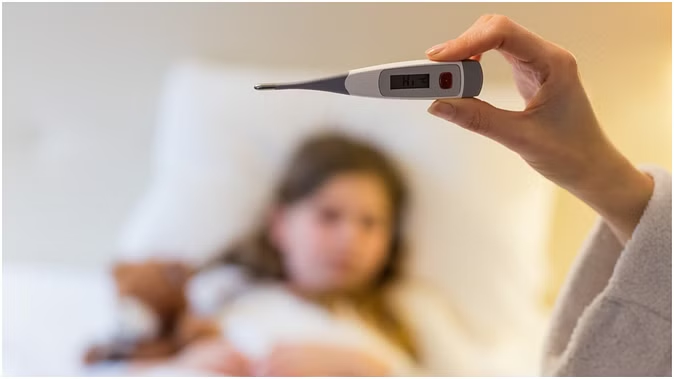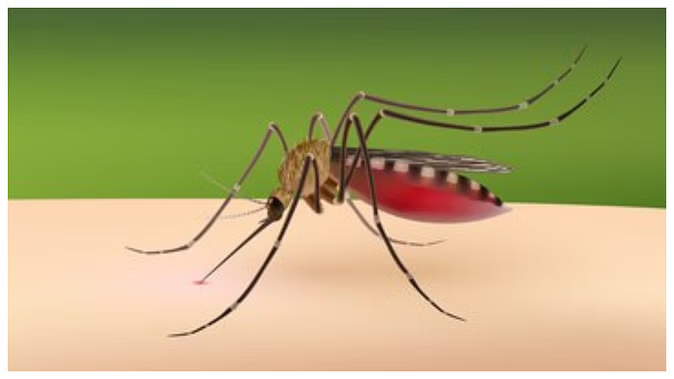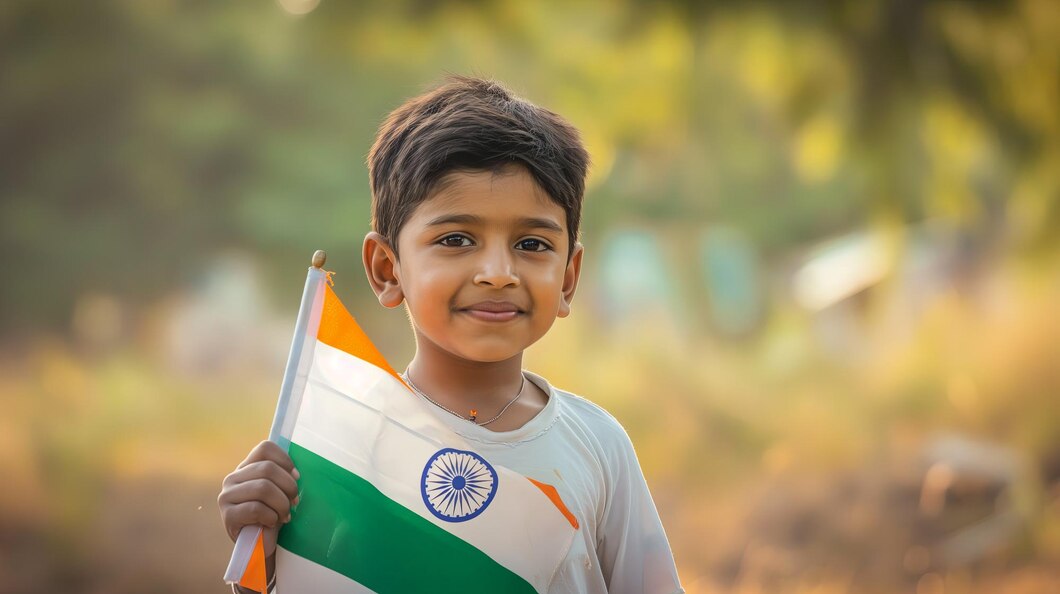The risk of mosquito-borne diseases increases significantly during monsoon days. According to recent reports, many states of the country are facing the outbreak of dengue these days. Cases of this disease have also increased in eastern states including Maharashtra, Karnataka, and Kerala. So far this year, more than 10,000 cases of dengue have been reported in Karnataka, of which eight have died. There are reports of increasing cases of dengue infection in Delhi, Rajasthan, and Gujarat as well.

Health experts say that during monsoon days, the risk of dengue as well as many other diseases caused by mosquitoes increases. Yellow fever is also one of them. Yellow fever is considered a serious and potentially fatal flu-like illness that is spread by the same Aedes aegypti mosquitoes, which spread dengue and Zika virus.
There is a risk of yellow fever taking a serious form. 30 to 50 percent of patients suffering from the deadly disease die. Let us know why yellow fever is so dangerous and what measures can be taken to prevent it.
Know about yellow fever
Yellow fever virus (Flavivirus) causes yellow fever. This disease also spreads when infected mosquitoes bite a human. There is no risk of it spreading from an infected person to other people. As is clear from its name, this fever can cause the risk of skin turning yellow (jaundice). The risk of jaundice along with high fever has been seen more in the infected.
Doctors say it is important to identify the symptoms and get them treated in time. Delay in treatment increases the risk of getting serious disease.
What are the symptoms of yellow fever?
Studies show that cases of yellow fever develop rapidly, the symptoms of which appear 3 to 6 days after infection. The initial symptoms of infection are similar to those of the influenza virus. It can cause headache, muscle and joint pain, chills along fever. Due to the severe form of the disease, there may be problems of jaundice, loss of appetite, tremors, or back pain along with joint pain.

If it is not treated on time, some people may also be at risk of urinary problems, vomiting (sometimes with blood), heart rhythm problems, seizures, and bleeding from the nose and mouth.
Treatment and prevention of yellow fever
There is no cure for yellow fever. Treatment involves taking some measures to manage the symptoms and boost your immune system to fight the infection. Health experts say that it is important to keep trying to prevent yellow fever.
The only way to prevent yellow fever is vaccination. For this, a vaccine called 17D is given which is considered quite effective. Adopting methods to prevent mosquito bites can also help in keeping you safe from this disease.
(PC: Freepik)










